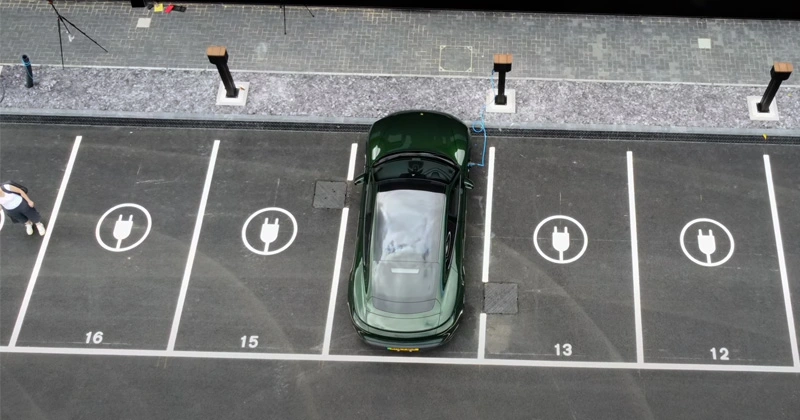The Open Charge Point Protocol (OCPP) is an open standard that enables seamless communication between electric vehicle (EV) charging stations and back-office management systems. Developed by the Open Charge Alliance (OCA), OCPP ensures that different charging networks can work together effortlessly. As a result, operators can remotely monitor and control charging stations, improving efficiency and user experience.
With widespread adoption across the EV industry, OCPP plays a crucial role in optimizing charging operations, supporting various pricing models, and ensuring compatibility between different chargers and software platforms.
📌 Want to explore the global impact of open standards in EV charging? Read this report from the Open Charge Alliance for industry insights.
Major Versions of OCPP
Over the years, OCPP has evolved to meet the growing demands of the EV charging ecosystem. The two most widely used versions today are:
- OCPP 1.6 (Released in 2016) – This version introduced essential features such as smart charging, demand response, and load management, making EV charging more efficient.
- OCPP 2.0.1 (Released in 2020) – On the other hand, this version brought significant enhancements, including support for multiple connectors, charge point groups, and a more user-friendly experience.
Since technology is constantly evolving, newer OCPP versions continue to improve interoperability and security. Therefore, staying updated on these versions is essential for charge point operators.
Core Components of an Open EV Charging Network
1. Charging Stations: To begin with, OCPP-compliant charging stations integrate seamlessly with certified back-office systems. This enables remote monitoring and control, making EV charging more efficient.
2. Charging Station Management Software (CSMS):CSMS is a back-office platform that manages charging stations. It tracks sessions, processes payments, and handles billing for EV drivers. Consequently, this ensures a smooth and hassle-free charging experience.
3. Communication Protocol:OCPP defines messages and commands that facilitate real-time communication between charging stations and the central system. This guarantees seamless data exchange and remote control capabilities.
4. Network Infrastructure: For OCPP to function properly, a stable network connection (WiFi, Ethernet, or cellular) is required. Otherwise, communication between chargers and management systems may be disrupted.
5. OCPP Mobile App: EV drivers can use OCPP-compatible apps to locate charging stations, initiate or stop charging sessions, and track their progress. This makes the charging process more accessible and user-friendly.
OCPP Certification Process
Ensuring compatibility between charging stations and software platforms is vital. That is why OCPP certification exists.
There are two main types of OCPP certification:
1. Full Certification- This certification verifies compliance with OCPP specifications, ensuring seamless integration with other systems.
2. Security Certification- Security certification ensures that a system meets the strict security requirements established by the Open Charge Alliance (OCA).
To achieve certification, products must pass rigorous technical and functional testing conducted by independent certification bodies. As a result, only certified https://dpmis.dost.gov.ph/ products can display the official OCPP certification logo.

See the latest list of OCPP-certified chargers and CSMS platforms.
The Importance of OCPP Certification
Certification ensures that charging stations and software platforms meet interoperability standards. There are two key certification types:
- Full Compliance Certification – Confirms compatibility with all required technical specifications.
- Security Certification – Validates that security standards protect EV charging networks from cyber threats.
Wevo Energy: A Fully OCPP-Certified Solution
As a leading provider of EV charging software solutions, Wevo Energy offers a fully OCPP-certified platform. Our system supports apartment complexes, workplaces, fleets, destination charging, and public stations. Most importantly, we comply with both full certification and security certification, guaranteeing a secure, scalable, and future-proof charging solution.


